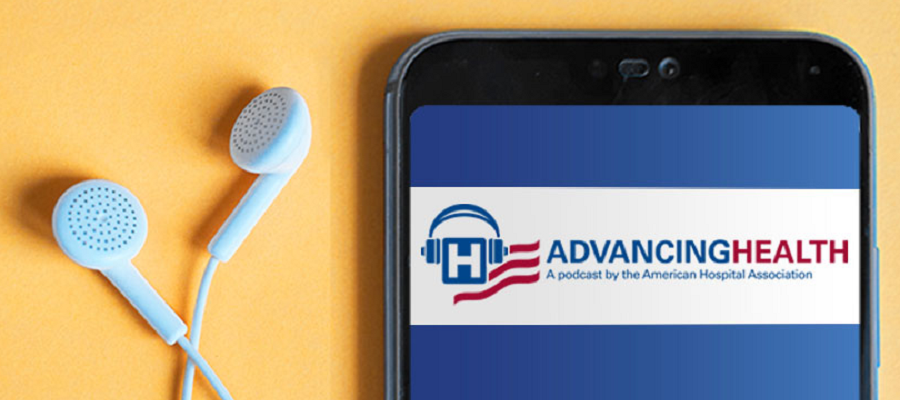
The Occupational Safety and Health Administration has suspended activities related to implementation and enforcement of its Emergency Temporary Standard on COVID-19 vaccination and testing pending future developments in litigation, the agency announced on its website.







